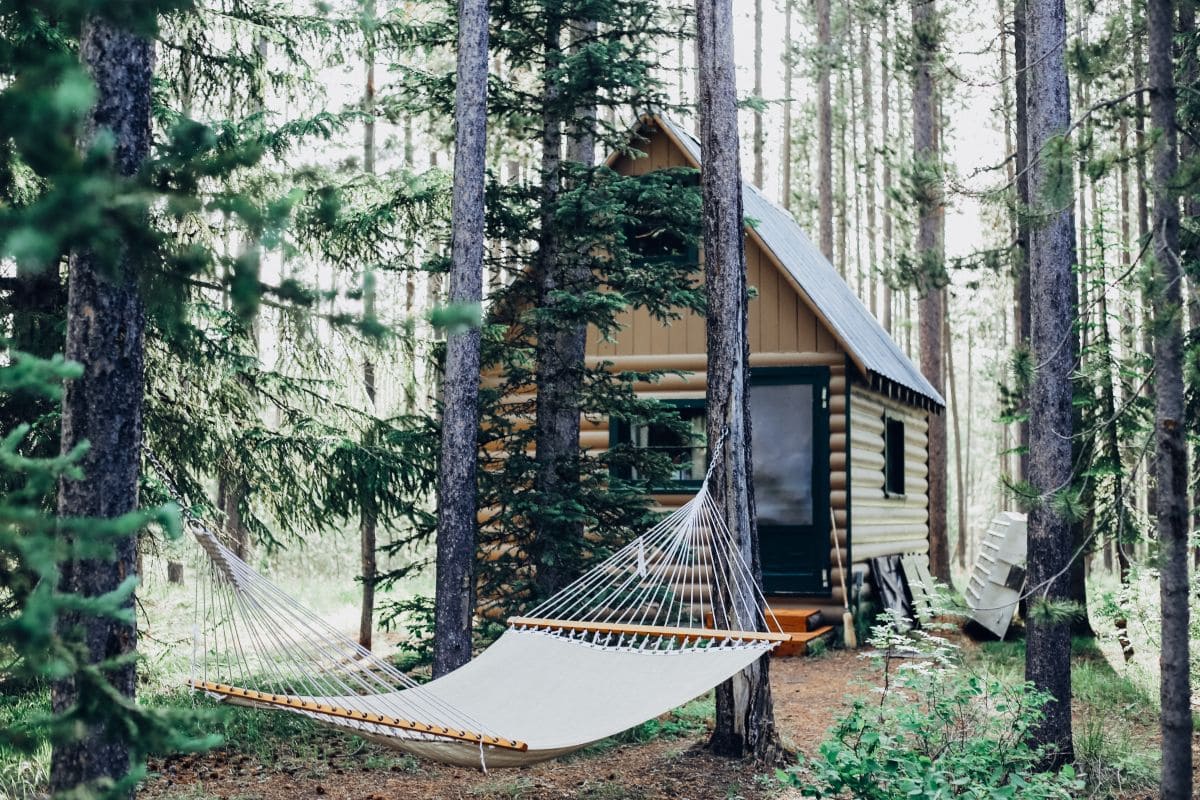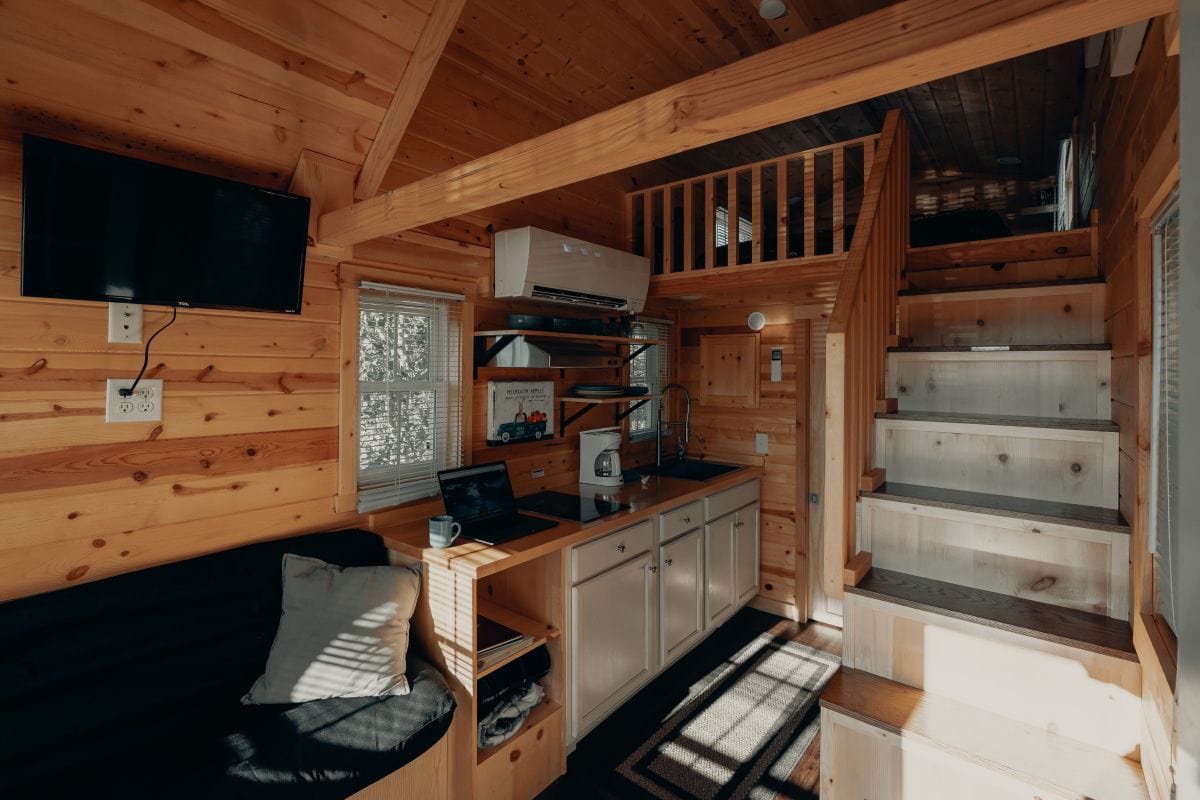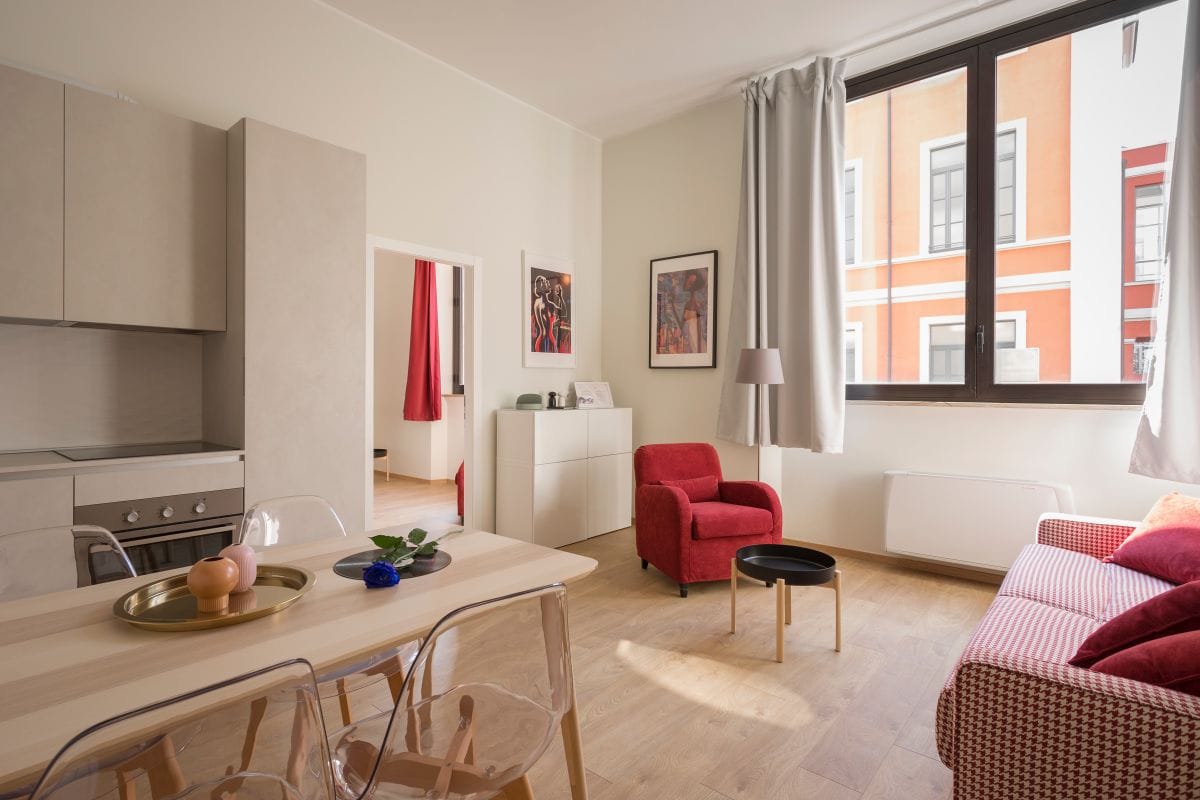Clothing
It's important to look good, but there's no reason to pay more for a name brand when you can get the same white t-shirt for much less at Big W or Target. In order to save money, we recommend that you shop at these department stores instead of others. If you're looking for higher-quality goods, you might want to check out vintage stores as well. You can find amazing deals on vintage clothing, and if you know how to put together the right outfits from the past, you'll quickly gain status as a fashion icon at your school. Forget what the Regina Georges of the world have to say about how ugly your vintage skirt is.
Can You Afford The Culture Of Melbourne?
Melbourne's culture is shaped by the natural environment at the foot of mainland eastern Australia, where the mighty Yarra River flows from the rugged country of Yarra Ranges National Park through one of Australia's largest cities and into the harbour of Port Phillip Bay. The Yarra River's source is the Yarra Ranges National Park, and Port Phillip Bay is where the river empties into the bay. However, can you afford to live there for the ultimate lifestyle experience?
Some of Melbourne's more desirable inner neighbourhoods may have exorbitant house prices, but there are still plenty of affordable rental options to be found throughout the city. The city of Melbourne is an intricate and multifaceted metropolis. An ideal way of life, complete with all that "Melbourne" has to offer but with more time for leisure and lower living expenses, might be found somewhat outside of the city. This article provides an in-depth analysis of the costs associated with maintaining a standard of living in Melbourne, allowing you to adjust your weekly expenditures for food, transportation, housing, and other necessities to match your own personal living index and get a ballpark estimate of the funds you'll need to make the move.
Overview Of Living Expenses In Melbourne
- Rent for 1-bedroom Melbourne apartment in the city centre
- $1756.48
- Rent for 3-bedroom Melbourne apartment in the city centre
- $3329.17
- Rent for 1-bedroom suburban/regional Melbourne apartment
- $1416.11
- Rent for 3-bedroom suburban/regional Melbourne apartment
- $2288.14
- Electricity/heating/water/garbage (85 m2 apartment)
- $203.66 approx.
- Internet (60Mbps or more, unlimited data, Cable/ADSL)
- $70.56
- Mobile phone data (one-minute local prepaid mobile tariff call with no plan or discount)
- $0.20
- Public Transport One-Way Ticket (average across all transport options)
- $4.50
- Public Transport Monthly Ticket (average across all transport options)
- $156.00
- Fuel (per litre)
- $1.33
- Buying a new car (the equivalent of a Volkswagen Golf 1.4 90KW Trendline)
- $27000.00
- Basic groceries per person
- $612.00
The Average Salary In Melbourne
As a city, Melbourne has a much higher nett salary (i.e., after-tax) than the rest of Australia as a whole. However, this is offset by Melbourne's higher than average cost of living compared to other major Australian cities. In Melbourne, for instance, the average monthly wage is around $5028.73, while the national average is around $4843.42. You can now use your earnings to estimate how much money you will need to cover the cost of living in a city that is not only known to have high living expenses in Australia, but around the world as well.
Housing And Rent
Housing is the single largest expense for everyone from working professionals and families to domestic and international students and students from other countries. In any environment, the place we call home and the way we make our living there shape our daily lives in profound ways. As is the case in any city, the cost will rise dramatically the closer you get to the city's central business district (CBD). We have included the following averages to give you a better idea of what you can expect to pay for lodging in Melbourne:
Type Of Accommodation
- Rent for 1-bedroom Melbourne apartment in the city centre
- $1756.48
- Rent for 3-bedroom Melbourne apartment in the city centre
- $3329.17
- Rent for 1-bedroom suburban/regional Melbourne apartment
- $1416.11
- Rent for 3-bedroom suburban/regional Melbourne apartment
- $2288.14
Utilities
Consider the possibility that any Australian city has become known for its erratic climate. People in Melbourne often use the phrase "four seasons in one day" as a way to make light of the city's unpredictable weather or vent their frustrations with it. This means you'll have to invest in heating and cooling systems year-round, which can drive up your overall energy bills. The average monthly cost of utilities for an 85 square metre apartment is $203.62. This includes electricity, heating, water, and garbage.
Transport
On all of Melbourne's trains, buses, trams, and other forms of public transportation, the Myki card is the prefered method of payment. The schedule is managed by Public Transport Victoria. Melbourne is one of the few major cities to have kept its original tram line system intact; you can still ride some of the original trolley cars today, right alongside the more modern light rail. As a result, the city is now famous all over the globe. Inner Melbourne's central business district (CBD) has a free tram zone that runs around its periphery and crisscrosses the grid-like streets within the CBD, making tram travel convenient.
Melbourne's public transport network is very comprehensive, with excellent connections between all areas of the city. There are trains, buses, and trams, and riders need an electronic card called a MyKi to access the system. Credit card discounts are available for these passes for international students studying at an Australian university. While it is typically necessary to register with the university you intend to attend, this prerequisite can change from institution to institution.
On top of that, you can "top up" your card to different amounts, depending on how often you use it. Some Melbourne CBD tram lines, for example, don't cost anything to ride, and going from one end of zone 2 to the other is much cheaper than going from one end of zone 1 to the middle of zone 2. (the central zone). If you want to venture out of the city, even if just for the day, you should find out when the busiest times are and schedule your trip accordingly. It costs more to take a trip during the busy season.
Melbourne has a reputation for being a friendly and welcoming city. A large portion of the local population is comprised of students, and the city's infrastructure is designed to support them. Keep an eye out for the neighbourliness of Melburnians as you settle into your new suburb. The barista at your neighbourhood coffee shop is a good source of information about local events and activities, as they see and hear everything that goes on there. Keep in mind that many public places in the city provide free internet access, and that students often qualify for sales and other discounts throughout the city. Don't be shy about asking questions; locals in Melbourne want to help you have a fantastic time there and will gladly provide answers to your inquiries.
Activities Out & About
There are plenty of fun activities in the city that won't break the bank for those on a tight budget. The many parks in Melbourne's central business district are a great place to stretch your legs without spending any money. The Royal Botanic Gardens are a must-see because they are an enormous park that is home to both native and exotic plant and animal species. Memorial Park, which is nearby, has a beautiful view of the city. You can take a stroll and watch the rowers on the Murray, a river that runs through Melbourne, while listening to the distant hum of traffic.
Birrarung Marr Park, on the north side of the river, is home to some incredible indigenous rock carvings. The Melbourne Flexi Attractions Pass not only gives you access to a wide range of exciting and informative attractions, but it also saves you up to 40 percent on a variety of activities. It's possible that cruising, sports, and lessons in maritime and local history will all be part of the itinerary. You can only spend so much time doing this. If you want to see as much as possible of Melbourne in a short amount of time, you can choose from three different lengths of stay (two, three, and seven days).
Conclusion
Melbourne ranks among Australia's most costly urban areas. However, there are many low-cost rental opportunities spread out across the city. The following is an in-depth look at the money you'll need to make ends meet in Melbourne, Australia. The median nett salary in Melbourne is significantly higher than the median nett salary in the rest of Australia. But the above-average cost of living more than cancels out the benefits of this.
Housing costs account for the largest share of income for all households, including those with two incomes. Public transportation in Melbourne is extensive and well-connected, allowing for easy travel between any two points within the city. MyKi cards are electronic access cards required for use on the system. You can travel from one end of zone 2 to the other of the Melbourne Central Business District for pennies on some of the tram lines. The people of Melbourne are known for their warmth and hospitality.
It's no secret that students make up a sizable chunk of the neighborhood's populace. A good time can be had without spending a fortune on entertainment in this city. You can save up to 40% on attractions with the Melbourne Flexi Attractions Pass.
Content Summary
- It is in your best interest to shop for necessities at these department stores rather than elsewhere, as doing so will help you save money.
- Can you afford to live there, though, for the best lifestyle possible?
- While there may be astronomical home prices in some of Melbourne's most central neighbourhoods, there is no shortage of reasonably priced rental properties.
- Somewhat outside of the city, one might find an ideal way of life that includes all that "Melbourne" has to offer but with more time for leisure and lower living expenses.
- With the information provided here, you can determine how much money you will need to relocate to Melbourne by adjusting your weekly expenditures for food, transportation, housing, and other necessities to match your own personal living index.
- Melbourne's high cost of living, however, more than compensates for its otherwise favourable economic climate.
- With your newfound knowledge, you can calculate how much money you will need to survive in a city that is notoriously expensive not just in Australia, but all over the world.
- We've included some averages to give you a sense of what you can expect to spend on lodging in Melbourne:
- This one-bedroom apartment is located in Melbourne's Central Business District.
- The price per week to rent a three-bedroom apartment in Melbourne's CBD is $1756.48.
- Suburban or regional Melbourne apartment with one bedroom available for rent.
- Outer suburb or regional Melbourne three-bedroom apartment available for $1416.11 per week.
- Think about any Australian city that has gained notoriety for its unpredictable weather.
- In Melbourne, the Myki card is the most convenient way to pay for rides on the train, bus, tram, and other public transportation options.
- Public transportation in Melbourne is extensive and well-connected, allowing for easy travel between any two points within the city.
- In order to ride the trains, buses, or trams, passengers need a special electronic card known as a MyKi.
- In addition, you can add funds to your card at any time; the amount you add will be deducted from your balance each time you use the card.
- the core area).
- You should research the busiest times of the year if you plan on leaving the city, even if just for the day.
- During the high season, vacation costs increase.
- The people of Melbourne are known for their warmth and hospitality.
- The barista at your neighbourhood coffee shop can fill you in on what's going on in the area because they're a fly on the wall.
- Occasions Outside the House
- Fun, inexpensive things to do in the city are plentiful.
- It's possible to get some exercise and not break the bank by visiting one of Melbourne's many parks in the city centre.
- With the Melbourne Flexi Attractions Pass, you can save up to 40 percent on a variety of activities while also gaining entry to a wide variety of exciting and educational attractions.
- There are three different lengths of stay to choose from if you want to see as much of Melbourne as possible in a short amount of time (two, three, and seven days).
FAQs About Melbourne
Family of four estimated monthly costs are 3,556$ (4,730A$) without rent. A single person's estimated monthly costs are 990$ (1,317A$) without rent. Melbourne is 20.10% less expensive than New York (without rent).
The average price of a 7-day trip to Melbourne is $1,735 for a solo traveller, $3,116 for a couple, and $5,842 for a family of 4. Melbourne hotels range from $38 to $143 per night with an average of $86, while most vacation rentals will cost $210 to $420 per night for the entire home.
According to Expatistan, an online cost of living calculator, the cost of living in Melbourne is almost 5% less than the cost of living in Sydney. Travelling in Melbourne is also approximately 4% cheaper than in Sydney.
As a rough rule of thumb, expect to spend on utilities equal to about 20 per cent of your monthly rent if you live alone or about 10 per cent of your monthly rent if you live with roommates.
The Best Suburbs to Live in Melbourne in 2020
- St Kilda.
- Carlton.
- Brunswick.
- Footscray.
- Fitzroy.
- Richmond.
- South Melbourne.
- East Melbourne.
Melbourne is ranked as the world's 99th most expensive city out of the 209 cities surveyed for Mercer's 2020 Cost of Living Survey. Though ranked below Sydney, it's more expensive than Perth, Adelaide, Brisbane and Canberra.


